Ants in Kitchen | Ant Infestation Solutions for Your Kitchen
By understanding the behavior of kitchen ants and taking proactive measures, you can regain control of your kitchen and bid farewell to these unwanted guests. Let's explore some tried-and-tested methods to tackle the issue of ants in your kitchen.

Key Takeaways:
- Ants in the kitchen can be eliminated and prevented with the right strategies.
- Understanding the behavior of kitchen ants is crucial in effectively dealing with infestations.
- Preventative measures such as proper food storage and eliminating water sources can discourage ants from entering your kitchen.
- Natural remedies, like peppermint oil and cinnamon, can help deter ants from invading your kitchen.
- Different DIY methods, such as using diatomaceous earth and homemade ant baits, can be effective in controlling ant populations.
Understanding Kitchen Ants and Their Behavior
When it comes to dealing with ants in your kitchen, it's crucial to have a good understanding of the types of ants that commonly infest kitchens and their behavior. By understanding their behavior, you can effectively eliminate and prevent ant infestations in your kitchen.
There are several types of ants that you may find in your kitchen, including:
- Odorous House Ants: These ants are typically small and dark brown or black in color. They are attracted to sweet and greasy foods.
- Little Black Ants: These ants are small and black in color. They are attracted to sugary foods and can quickly infest your kitchen.
- Pharaoh Ants: Pharaoh ants are very small, light yellow to reddish-brown ants. They are often found in warm areas like kitchens and are attracted to sweet foods.
- Pavement Ants: Pavement ants are small and dark brown to black in color. They are commonly found near sidewalks and driveways but can also infest kitchen areas.
These ants are attracted to the food and water sources in your kitchen. They leave behind pheromone trails to communicate with other ants, leading them to the food source. Understanding their behavior and preferences can help you take targeted actions to eliminate and prevent ant infestations in your kitchen.
Preventing Ants in the Kitchen
The best way to prevent ants in the kitchen is to take proactive measures to keep them out. By following these tips, you can reduce the likelihood of an ant infestation:
- Store food in sealed containers: Ants are attracted to food sources, so keeping your pantry well-sealed can deter them from entering. Use airtight containers to store dry goods like cereals, grains, and snacks.
- Transfer pet food into airtight containers: Pet food is also a target for ants. Keep their food in sealed containers to prevent ant access.
- Keep ripe fruits in the refrigerator: Ants are drawn to the sweetness of ripe fruits. Keep them refrigerated to discourage ant activity.
- Eliminate water sources: Fix any leaky pipes or faucets in your kitchen to eliminate standing water that may attract ants. Clean up spills and puddles promptly.
- Regularly clean your kitchen: Wipe down countertops, sweep the floors, and clean up food debris. This helps to remove any traces of food that might tempt ants.
- Check houseplants for pests: Ants can use houseplants as a pathway into your kitchen. Regularly inspect your plants for signs of ant activity or other pests.
By implementing these prevention methods, you can significantly reduce the likelihood of ants infesting your kitchen and maintain a pest-free environment.
Natural Remedies for Kitchen Ants
Dealing with ants in your kitchen can be a nuisance, but there are natural remedies you can try to effectively eliminate them. These remedies not only help get rid of ants but also discourage them from returning. Here are some natural remedies that can help you combat kitchen ant infestations:
- Diluted Peppermint Oil: Ants are repelled by the strong scent of peppermint oil. Mix a few drops of peppermint oil with water and spray it around your kitchen countertops and entry points to deter ants. Remember to reapply the solution regularly for better results.
- Lemon: The acidic properties of lemon make it another effective natural ant repellent. Squeeze lemon juice near ant trails or wipe down surfaces with a lemon juice and water mixture to keep ants away from your kitchen.
- Cinnamon: A sprinkle of cinnamon powder along ant trails and near entry points can disrupt their scent trail and discourage ants from entering your kitchen.
- Coffee Grounds: Used coffee grounds can be spread around areas where ants are present. The strong smell of coffee can confuse ants and disrupt their communication, making them less likely to invade your kitchen.
- Cayenne Pepper: Similar to cinnamon, cayenne pepper can be sprinkled near ant trails and entry points to deter ants. The spicy scent of cayenne pepper is known to repel these pests effectively.
Another natural option to consider is using plant-based deterrent pouches infused with essential oils. These pouches release fragrances that ants dislike, making them avoid your kitchen. Additionally, you can create a borax mixture by combining borax with sugar and water. The sugar attracts the ants, while the borax acts as a deadly poison, gradually eliminating the entire ant colony.
To achieve the best results, it's important to be consistent with these natural remedies and use them alongside proper sanitation practices and preventive measures.
Implementing these natural remedies can be an effective and eco-friendly solution for dealing with ants in your kitchen without relying on harsh chemicals. Give them a try and say goodbye to pesky kitchen ants!
DIY Ant Control Methods for the Kitchen
Tired of ants invading your kitchen? Don't worry, there are several effective and easy DIY methods you can try to control ants in your kitchen. Here are some tried and tested methods that can help you eliminate those pesky ants:
1. Spread Diatomaceous Earth
One effective method is to spread diatomaceous earth along ant trails and entrance points. Diatomaceous earth is a natural substance that contains sharp particles, which when in contact with ants, dehydrates and kills them. It acts as a barrier that ants are reluctant to cross, preventing further intrusion into your kitchen. Just remember to wear a mask and gloves while handling diatomaceous earth.
2. Set out Homemade Ant Bait
Another DIY solution is to make homemade ant bait using simple ingredients found in your kitchen. Mix equal parts of peanut butter, honey, and boric acid to create a paste. Place small dollops of this mixture on ant trails or near the entrance points. The sweet aroma of the bait will attract ants, and the boric acid will kill them. This method is highly effective in targeting the entire ant colony.
3. Use Non-repellent Sprays
Non-repellent sprays can be a quick and efficient way to kill ants on contact. Look for sprays specifically designed for ant control and apply them directly to infested areas in your kitchen. The ants will unknowingly come in contact with the spray and carry it back to their nest, eventually eliminating the entire colony. Follow the instructions on the spray bottle for best results.
4. Eliminate Ant Trails with a Vinegar and Water Solution
Vinegar is a powerful tool against ants. Mix equal parts of vinegar and water in a spray bottle and use it to wipe down surfaces and eliminate ant trails. Ants rely on pheromone trails to navigate and communicate, so by removing these trails with vinegar, you disrupt their ability to locate food sources and deter them from entering your kitchen.
Remember to regularly monitor and adjust your DIY ant control methods as needed. Each kitchen is unique, and it may take some trial and error to find the most effective solution for your ant problem.

By following these DIY ant control methods, you can reclaim your kitchen from unwanted ant invaders. Now you can enjoy a pest-free environment while cooking and dining in peace.
Professional Pest Control for Severe Ant Infestations
If your DIY methods have failed to control a severe ant infestation in your kitchen, it may be time to consider professional pest control services. Hiring a reputable pest control company can provide you with the expertise and tools needed to effectively eliminate ants and prevent them from returning.
Professional pest control companies have access to a range of treatments that are specifically designed to target ant infestations. These treatments may include ant baits, non-repellent sprays, and pesticides that are safe and effective in eliminating ant colonies. By using these specialized products, pest control experts can ensure thorough elimination of the ants and their nests.
When choosing a professional pest control company, it is important to select a reputable and experienced provider. Look for companies that have a track record of successfully dealing with ant infestations. Reading customer reviews and checking for certifications can help you make an informed decision.
By opting for professional pest control services, you can gain peace of mind knowing that your severe ant infestation problem is being addressed by trained professionals who have the knowledge and experience to tackle the issue effectively.
If you decide to engage professional pest control services, be sure to follow any pre-treatment instructions provided by the company. This may involve clearing countertops, removing food sources, or taking other necessary steps to ensure the success of the treatment.
Remember, severe ant infestations can be challenging to control, and it may take multiple treatment sessions to fully eliminate the problem. However, by seeking professional help, you can improve the chances of a successful and long-lasting solution.
When it comes to severe ant infestations in your kitchen, professional pest control is often the best solution. The expertise, tools, and specialized treatments offered by pest control companies can effectively eliminate ants and provide long-term prevention. Don't let ants take over your home – call in the professionals and regain control of your kitchen.
Identifying Ants in Your Kitchen
When dealing with ants in your kitchen, it's important to be able to identify the types of ants that may be infesting your space. There are several common types of ants that are frequently found in kitchens, including:
- Odorous house ants: These ants are small, usually dark brown or black in color, and emit a distinctive odor when crushed.
- Little black ants: As their name suggests, these ants are small and black.
- Pharaoh ants: Pharaoh ants are tiny, light yellow to reddish-brown ants that can be difficult to control due to their ability to form multiple colonies.
- Pavement ants: These ants are medium-sized, brown to black in color, and often build nests in cracks and crevices in and around buildings.
Each type of ant has its own distinct characteristics, such as size, color, and behavior, which can help you identify them. By knowing which type of ant you are dealing with, you can choose the most appropriate ant control methods for effective elimination and prevention.

Home Remedies for Eliminating Ants
If you're dealing with an ant infestation in your kitchen, there are several home remedies you can try to eliminate these pesky pests. These natural ant control methods can be effective and safer alternatives to professional pest control. Here are some home remedies that you can use to get rid of ants:
- Ant Bait: Create a homemade ant bait using a mixture of sugar or honey and boric acid. Place the bait in areas where ants are commonly seen. The ants will be attracted to the bait and take it back to their colony, eventually killing off the entire ant population.
- Non-Repellent Sprays: Non-repellent sprays are designed to eliminate ants on contact. Spray the solution directly on ants or along their trails to disrupt their pheromone trails and deter them from returning.
- Boric Acid: Sprinkle boric acid along ant trails and entry points. Ants will carry the boric acid back to their colony, killing off the ants as they come into contact with it.
- Boiling Water: Boiling water can be an effective way to kill ants. Pour boiling water directly into ant nests or ant hills to eliminate the colony.
- Vinegar: Create a solution of equal parts vinegar and water and use it to wipe down countertops, floors, and other areas where ants are present. The strong scent of vinegar can deter ants from entering your kitchen.
- Diatomaceous Earth: Spread diatomaceous earth along ant trails and entry points. This natural powder is made from fossilized remains of diatoms and cuts through the ants' exoskeleton, eventually causing dehydration and death.
- Dish Soap: Mix a solution of dish soap and water and use it to spray ants or wipe down surfaces. The soap will suffocate and kill the ants on contact.
- Coffee Grounds: Sprinkle used coffee grounds around areas where ants are entering your kitchen. The strong smell of coffee can repel ants and discourage them from coming inside.
- Lemon Juice: Squeeze fresh lemon juice around windowsills, doorways, and other areas where ants may be entering. The acidic scent of lemon juice can help deter ants from coming into your kitchen.
Remember, different home remedies work in different ways, so it may be helpful to try a combination of methods to achieve the best results. Be persistent and patient, as it may take some time to completely eliminate the ant infestation.
Conclusion
Dealing with ants in the kitchen can be frustrating, but there are effective solutions available to eliminate and prevent ant infestations. By implementing the right strategies, you can have a pest-free kitchen.
One of the key steps in ant control is taking preventative measures. Storing food in sealed containers, transferring pet food into airtight containers, and keeping ripe fruits in the refrigerator can help keep ants at bay. Additionally, fixing leaky pipes and removing standing water can eliminate potential water sources that attract ants. Regularly cleaning your kitchen and checking houseplants for pests can also help prevent ant infestations.
Alongside preventative measures, natural remedies can be used to deter ants from entering the kitchen. Spraying diluted peppermint oil, lemon, or cinnamon can deter ants. Coffee grounds and cayenne pepper are also effective at keeping ants away. Plant-based deterrent pouches containing essential oils can be used, and a borax mixture can eliminate the entire ant colony.
If DIY methods fail to control a severe ant infestation, professional pest control services may be necessary. Pest control companies have the expertise and tools to effectively eliminate ants and prevent their return. They can use treatments such as ant baits, non-repellent sprays, and pesticides to eradicate ant colonies.
In conclusion, by taking preventative measures, using natural remedies, and considering professional pest control when needed, you can say goodbye to ants in your kitchen for good. Remember to identify the type of ants in your kitchen and choose the appropriate ant control methods. With persistence and the right approach, you can have an ant-free kitchen and enjoy peace of mind.
FAQ
How can I prevent ants from infesting my kitchen?
To prevent ants from infesting your kitchen, store food in sealed containers, transfer pet food into airtight containers, keep ripe fruits in the refrigerator, fix leaky pipes, remove standing water, regularly clean your kitchen, and check houseplants for pests.
What are some natural remedies for getting rid of ants in the kitchen?
Some natural remedies for getting rid of ants in the kitchen include spraying diluted peppermint oil, lemon, or cinnamon around the kitchen, using coffee grounds or cayenne pepper as deterrents, using plant-based deterrent pouches with essential oils, and creating a borax mixture to kill the ant colony.
What DIY methods can I use to control ants in the kitchen?
DIY methods for ant control in the kitchen include spreading diatomaceous earth along ant trails and entrance points, setting out homemade ant bait using peanut butter, honey, and boric acid, using non-repellent sprays to kill ants on contact, and eliminating ant trails with a vinegar and water solution.
When should I consider calling professional pest control for ant infestations in my kitchen?
If DIY methods fail to control a severe ant infestation in your kitchen, it may be necessary to call in professional pest control services. They have the expertise and tools to effectively eliminate ants and prevent them from returning, using treatments such as ant baits, non-repellent sprays, and pesticides.
How can I identify the types of ants infesting my kitchen?
Common kitchen ants include odorous house ants, little black ants, pharaoh ants, and pavement ants. Each type of ant has distinct characteristics, such as size, color, and behavior. Identifying the specific type of ant can help you choose the most appropriate ant control methods.
What are some home remedies for eliminating ants from the kitchen?
Home remedies for eliminating ants from the kitchen include using ant bait, non-repellent sprays, boric acid, boiling water, vinegar, diatomaceous earth, dish soap, coffee grounds, and lemon juice. Each remedy works in different ways to deter or kill ants.
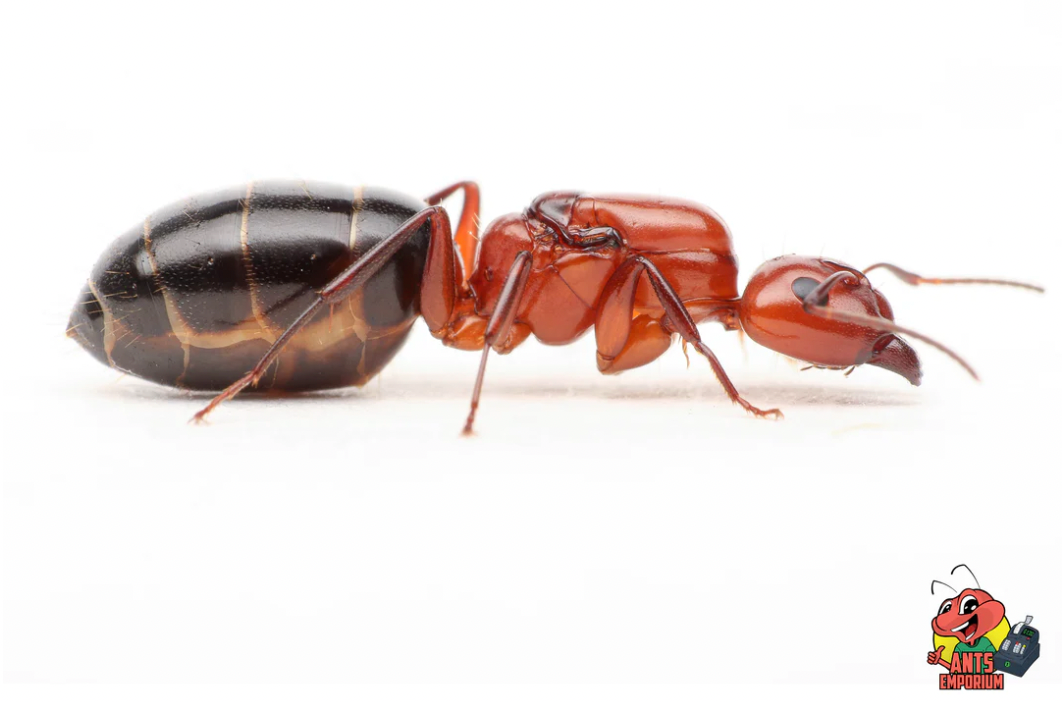

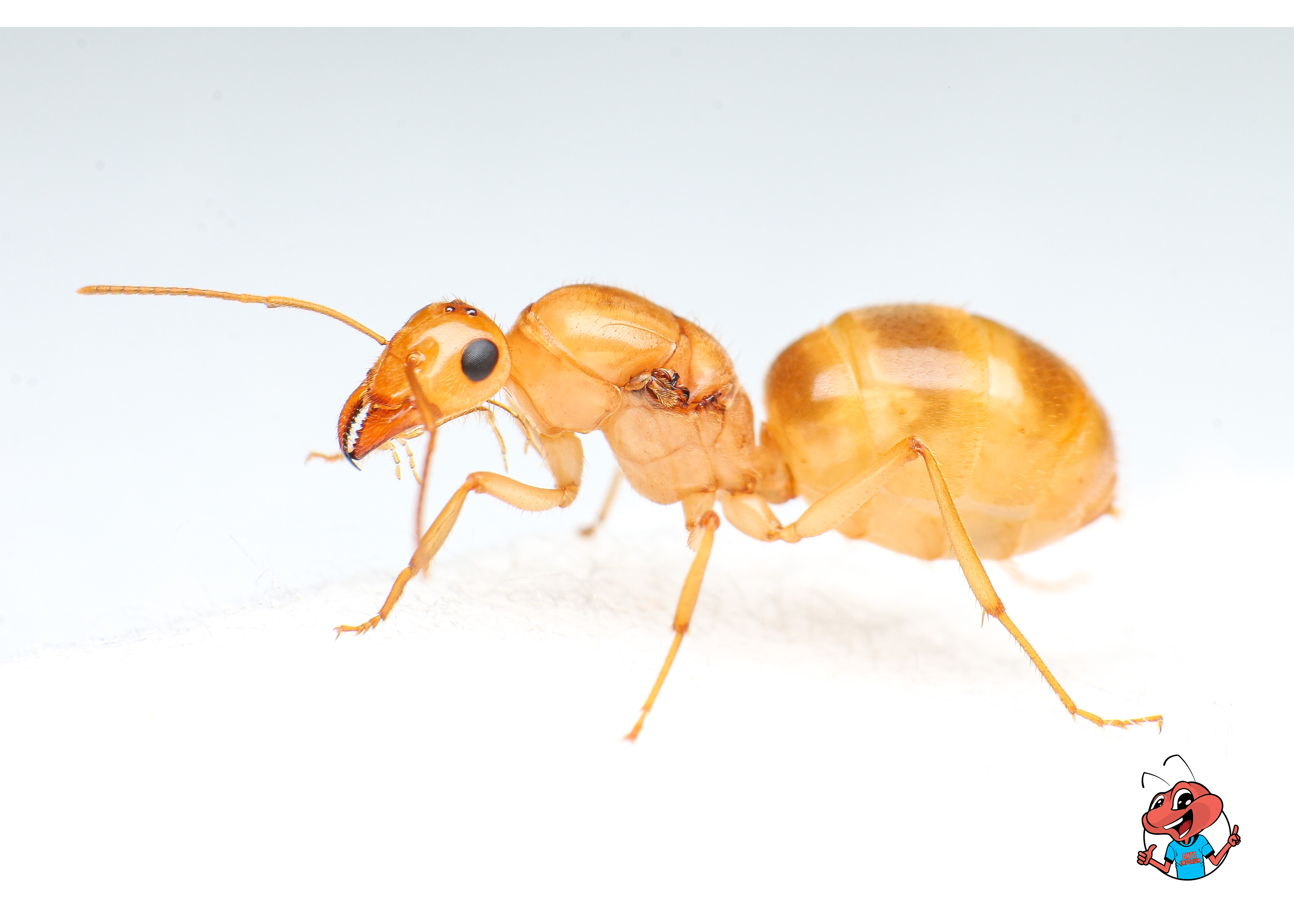
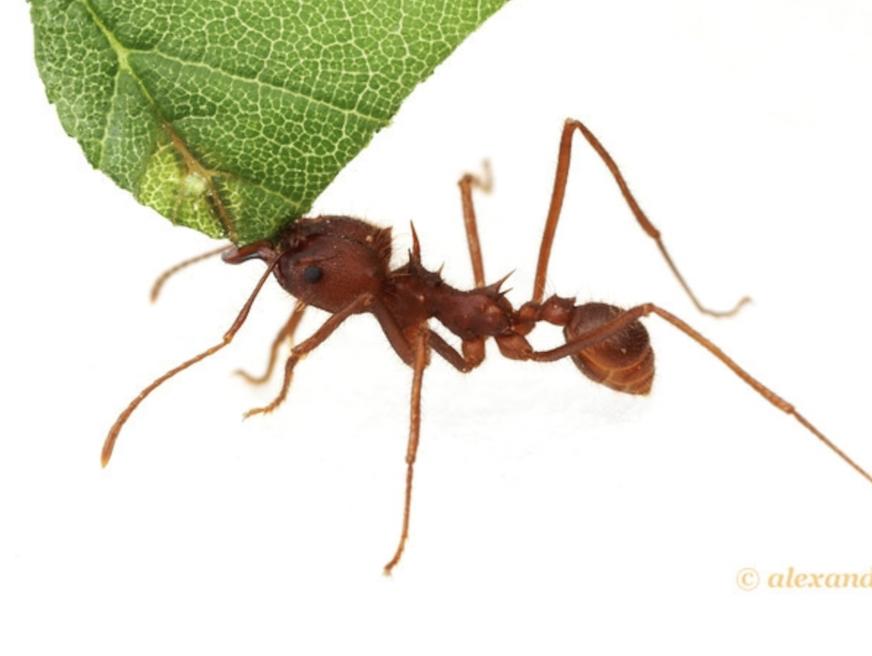
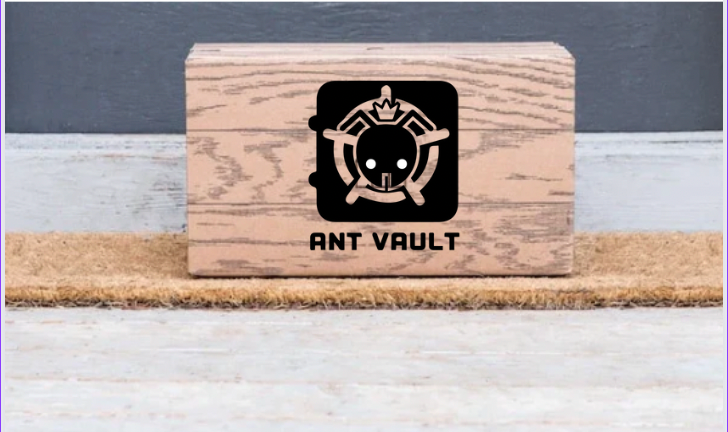


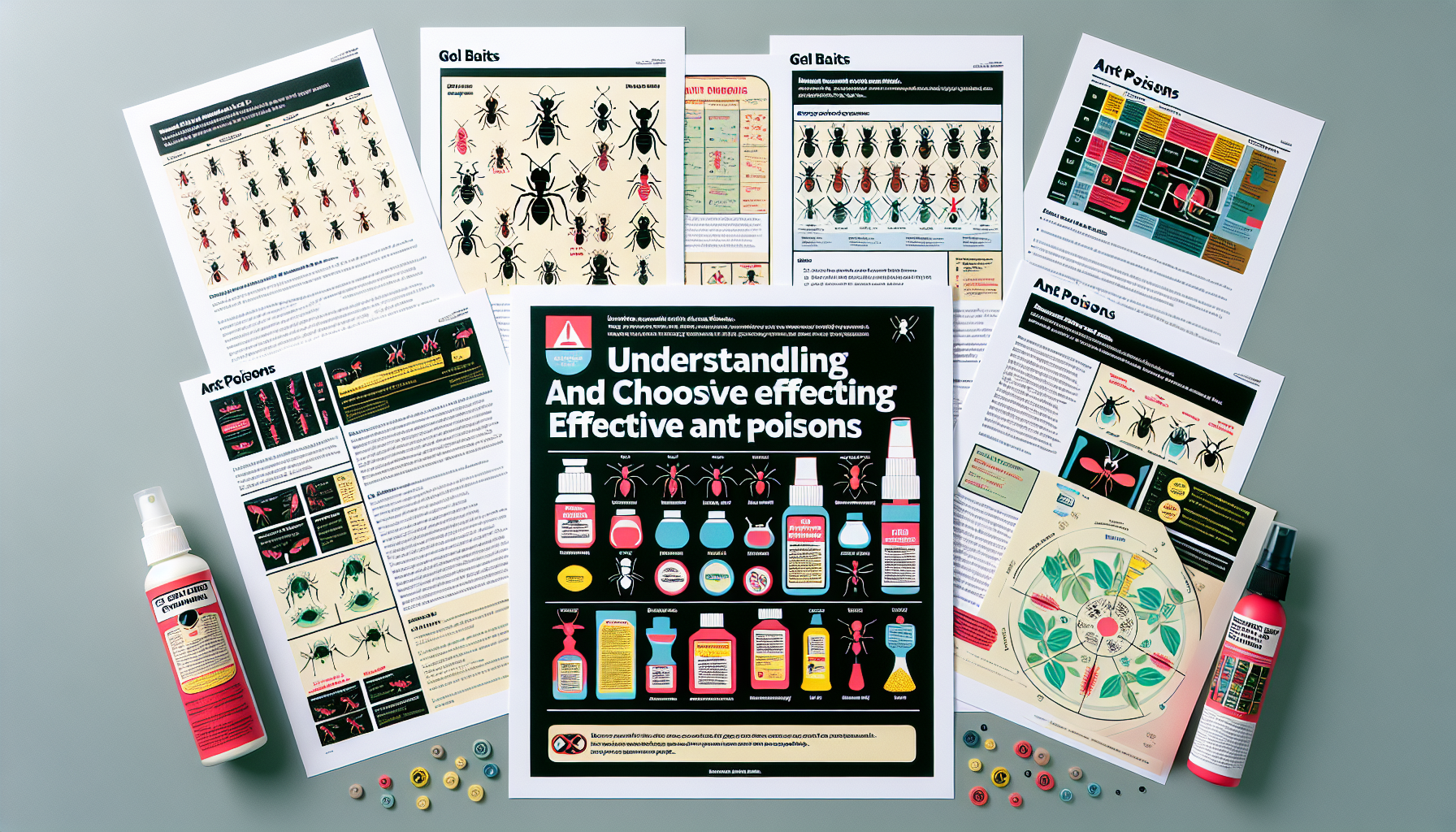
Leave a comment